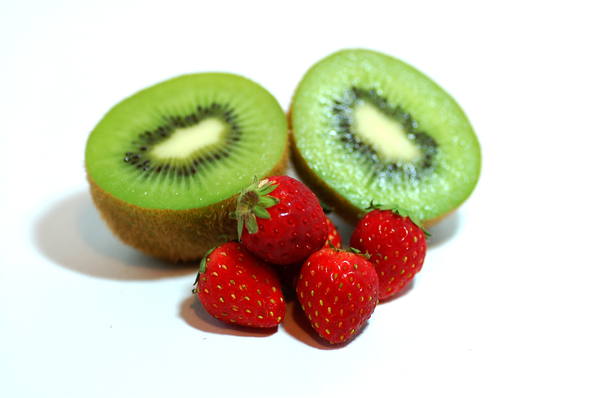NEW research shows health-conscious Aussies are boosting the snack industry, with lifestyle changes and weight concerns behind a strong shift to healthier snack foods.
The latest data reveals a growing participation in sports, concerns about obesity and time-poor lifestyles are driving a surge in healthy snack consumption, while snack food growth slows overall in Australia.
Cancer Council Queensland spokesperson Katie Clift said the new trend was promising.
“To see more and more Australians reaching for healthy items is extremely promising,” Ms Clift said.
“Gone are the days of downing a chocolate bar during the 3pm slump – the data shows we’re becoming a lot more mindful about the food that fuels our bodies.
“Many Queenslanders let their health down by choosing convenient snack foods that are high in saturated fat, salt and sugar – with damaging impacts on health and well-being.”
Ms Clift said poor diet led to overweight and obesity, increasing the risk of a range of chronic diseases – including cancer.
“Regular healthy snacking is also a great way to manage appetite and reduce the likelihood of overeating at meal time,” she said.
Cancer Council Queensland is urging Queenslanders to by-pass processed snack foods that don’t satisfy the health test.
“Chocolates, chips, cakes, cereal bars, and muffins are laden with unhealthy ingredients that weigh heavy on the waistline,” Ms Clift said.
“We recommend nude food – unprocessed snacks such as fresh fruits and vegetables, nuts and legumes.
“An apple a day can keep a waistline at bay, while too many sweet treats quickly amounts to defeat.
“Queenslanders should aim for two pieces of fruit and five serves of vegetables a day – these can easily be incorporated into snacks between meals.
“People on the go should grab an apple or banana, chomp on a carrot, or pack small serves of dried fruit and nuts. Low-fat yoghurt is also a good option – but be sure to look out for hidden sugars!”
More information about Cancer Council Queensland is available via Cancer Council’s 13 11 20 or cancerqld.org.au.
Healthy snacking – the way to go

Digital Edition
Subscribe
Get an all ACCESS PASS to the News and your Digital Edition with an online subscription
Discover India in comfort, colour and confidence
India is a destination that awakens the senses like nowhere else on earth. From the spiritual rhythm of ancient rituals to the grandeur of...








